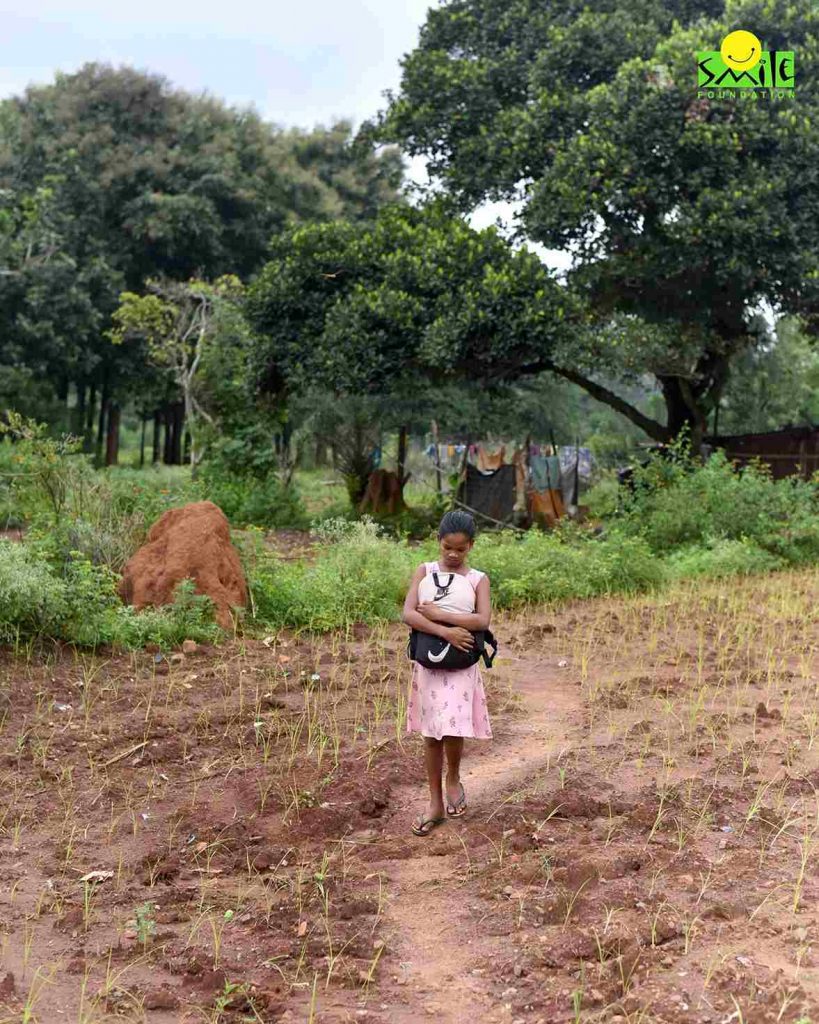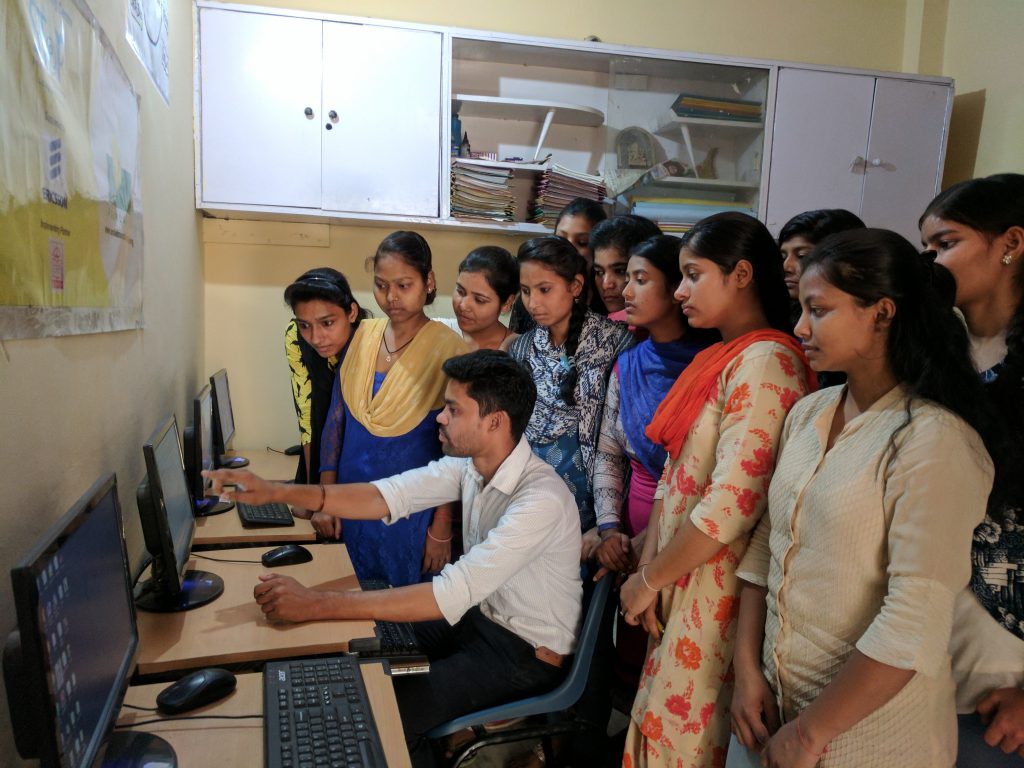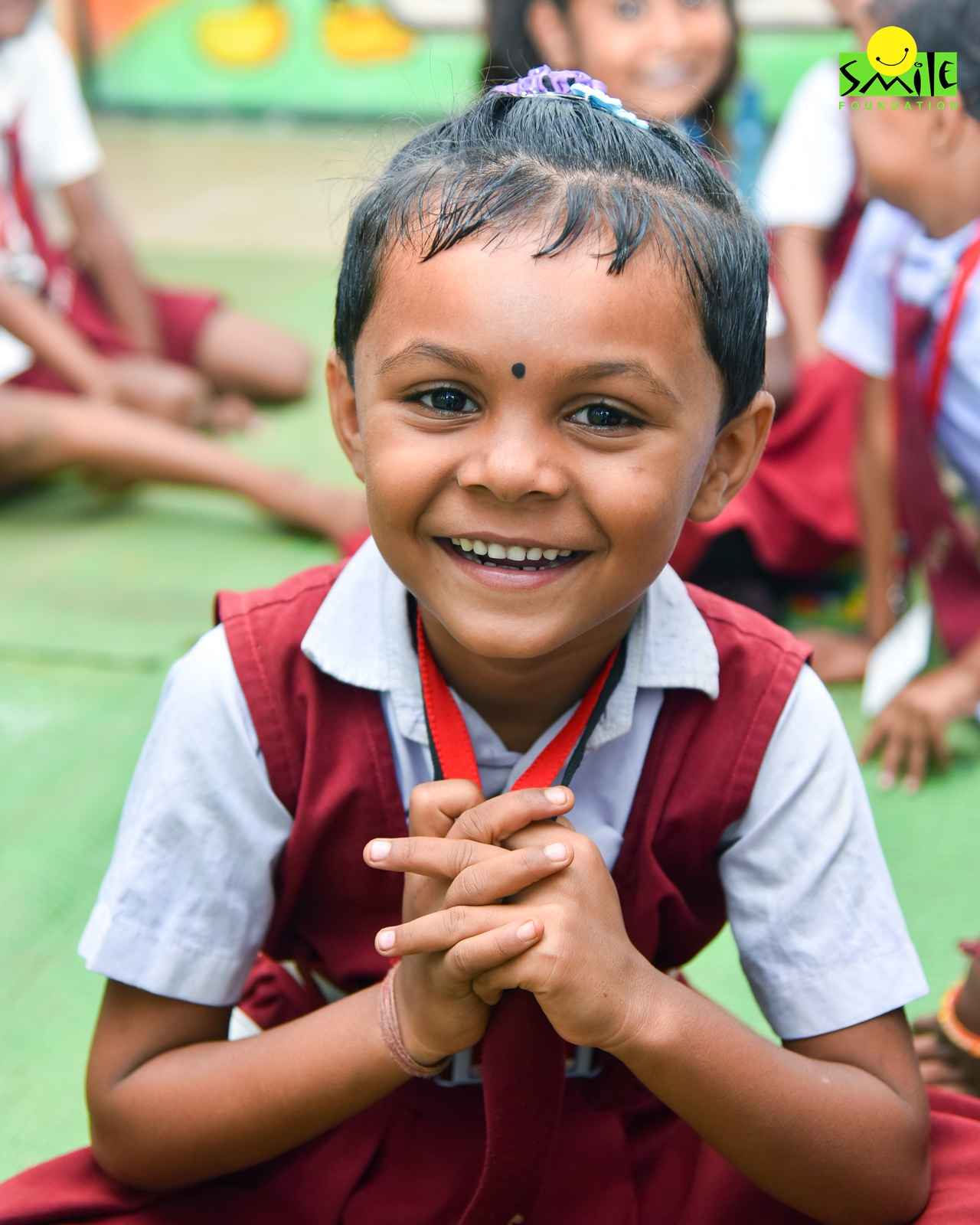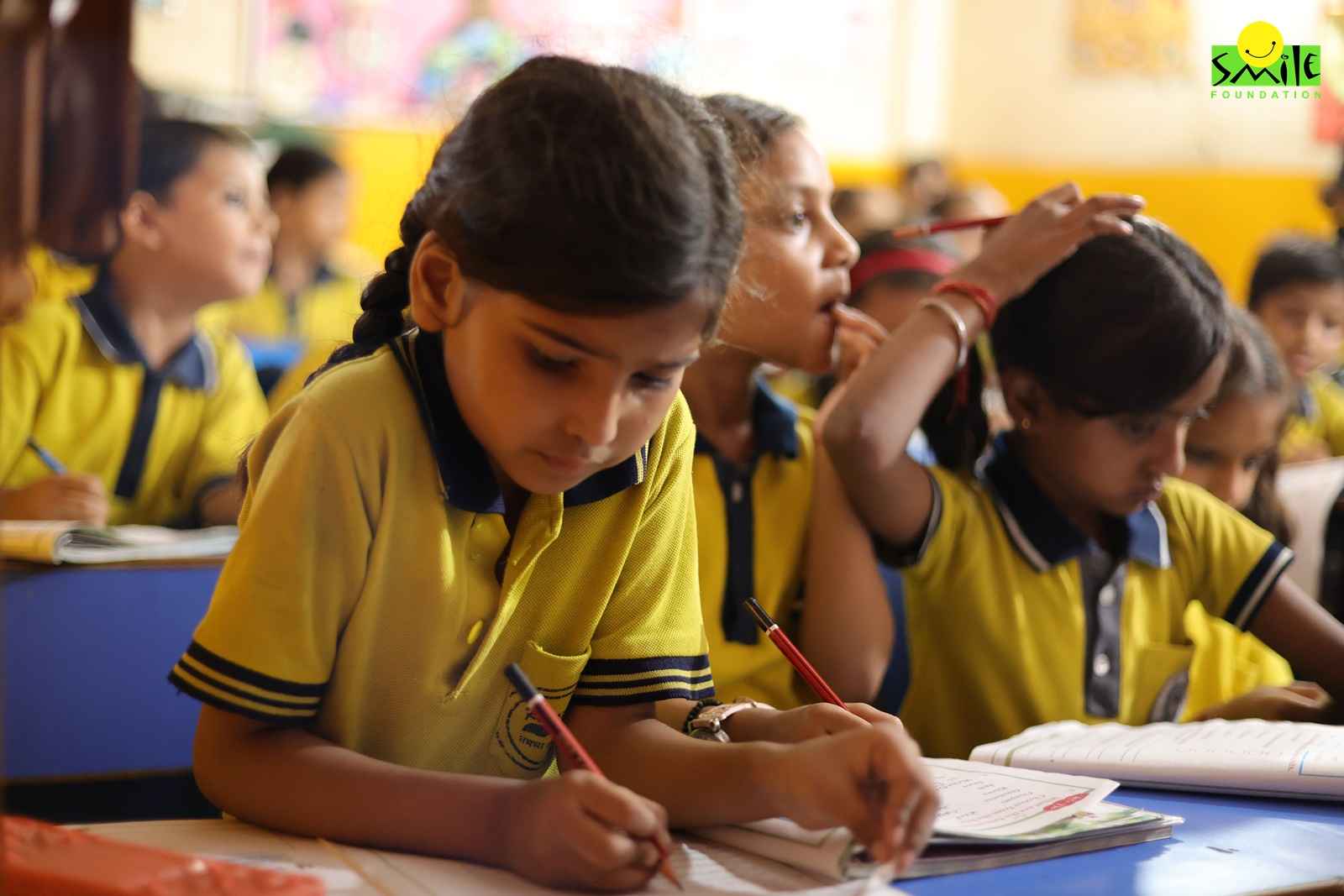Puberty is a natural and inevitable biological process. For girls, however, it can signal the end of their education, a stolen future, and a significant setback to their lives. The connection between puberty and dropping out of school might not be obvious to many, but if we look closely, it is the problem which determines the faith and course of lives for many young Indian girls.
In India, nearly one in four girls discontinues their education when they attain puberty. One must ask- why are our girls out of schools?
Why girls stop going to schools
When a girl begins menstruating, she faces a host of challenges that boys her age simply do not:
Sanitation Concerns: Many Indian schools suffer from inadequate infrastructure. A lack of private toilets, clean water access, and proper disposal systems for sanitary waste makes managing menstruation at school a significant challenge.
Early Marriage Pressure: In some communities, puberty is perceived as the readiness of a girl for marriage and childbearing. Faced with limited opportunities and societal expectations, girls may be forced to leave education behind and prioritize starting a family.
Safety concerns: Parents of a girl child, are typically more concerned and worried for the safety of their girl child, after she shows physical signs of puberty.
Few schools in tier II and tier III cities, computer teachers are male and the classes are held after school. Most parents refrain from letting their daughters stay back late in the school.
Taboos : In many parts of India, puberty and menstruation are the topics which are considered unspeakable or even sinful. The lack of educational conversation in the house and the school simply leaves the girl child unaware about her own body.
Girls still face harmful social taboos during menstruation. These deeply ingrained restrictions can include food bans, limitations on where they can go (like kitchens or temples), and even temporary isolation in some communities.
“As we grow up, the body changes its shape and form after some years. It makes certain body parts slightly different than they were before. And still it is different for each individual how and when it happens”
This simple understanding does not find its place in many Indian houses and schools.
A recent UNICEF study reveals a disturbing reality- 71% of adolescent girls in India are unaware of menstruation until it begins. This lack of awareness contributes to high school dropout rates among girls, as the sudden change in their body brings multiple unknown emotions in them, including fear for life, shame and guilt.
Early periods: The average Indian girl gets her first period at age 12. But according to a recent study 10-15% of girls enter puberty as early as age 7, a phenomenon known as precocious puberty.
High rate at which lifestyle is changing, childhood obesity, stress are some of the reasons for this. Making it even harder for some girls to stay focused in their studies.
It’s not her fault
After their first menstruation, girls suddenly find themselves in a place where they are treated differently even by their parents. The lack of conversations also does not help. This ultimately leads many of the girls think that they have done something wrong or sinful making girls dropping out of schools.
A simple and collaborative guide to remove this shame is a must. Many a times the parents require the guide more than the child.
A girl who leaves school due to puberty-related issues pays more than just missed class time.
The consequences are far-ranging
Without completing her education, the future job prospects and financial independence of a girl are severely diminished. Child marriage and early pregnancy are associated with significant health risks for young women, including maternal mortality, complications during childbirth, and sexually transmitted infections.
Apart from making you financially independent, a good education also gives a good sense of understanding about the world, your own self and life in general. Girls, who drop out of school due to periods, hamper their mental health by a great margin and might not function in a healthy way in a longer run.
When girls are not empowered through education, India misses out on reaping the full potential of its talented and ambitious female population.
The crisis is not inevitable- Meaningful change requires action at multiple levels
Empowering Infrastructure: Prioritize making schools girl-friendly. This includes providing private toilets, clean water, and discreet disposal systems for sanitary waste.
Normalizing Menstruation: Comprehensive, age-appropriate education programs for both boys and girls are vital to demystifying menstruation, combating taboos, and fostering a supportive school atmosphere.
Subsidizing the Essentials: Ensuring low-cost or freely available sanitary products removes a significant barrier to school attendance for girls from less privileged backgrounds.
Government efforts to stop girls dropping out of schools
Working towards the much needed solution, the Ministry of Health and Family Welfare launched an important initiative to In 2010, India initiated the Menstrual Hygiene Scheme (MHS) to distribute sanitary napkins to young girls. The scheme expanded over the years to promote menstrual hygiene awareness among adolescent girls in rural India.
It aims to educate young girls (ages 10-19) about menstruation, breaking down taboos and ensuring they understand it is a normal, healthy process. Girls in rural areas receive subsidized sanitary napkins, making them as affordable and accessible as at just Rs 6 for a pack of 6 napkins.
The program also emphasizes environmentally friendly ways to dispose of sanitary napkins, protecting both health and the planet. Accredited Social Health Activists (ASHA) workers are on the frontlines, distributing napkins, educating girls, and even receiving incentives for their work.
Smile Foundation and stopping girls out of schools
One of the key aspects of Smile Foundation’s Swabhiman program is dedicated to empowering adolescent girls and raising awareness in them about menstruation and menstrual hygiene. Through various workshops, educational sessions, and interactive activities, Swabhiman aims to break the stigma surrounding menstruation and provide girls with the knowledge and resources they need to manage their periods hygienically and confidently.
By fostering an open dialogue and providing access to menstrual hygiene products, Swabhiman ensures that girls can navigate this natural aspect of womanhood with dignity and without hindrance to their education or well-being.
Starting with our own homes
At the end, it is important that we as individuals also talk and discuss topics which ultimately lead to healthier physical and mental health.
Making the girls and women in our own house more comfortable and free is always a great first step! After all, everyone does better when they feel safe and secure in their close surroundings.









